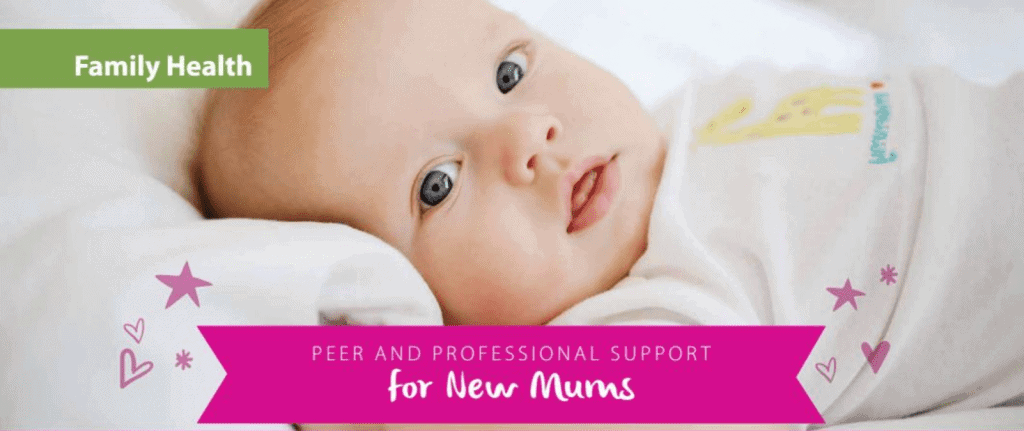The millennium mum is facing a stream of very modern challenges in her quest to make informed choices for baby, herself whilst staying afloat in our increasingly busy world. Having answers at our fingertips with various internet and social media connections is a double edged sword. It provides the ability to get the answer to your problem quickly but without any ability to put that answer into the context. As women connect more with each other over the internet, it appears that anxiety may be increasing. Are women are losing their connections with each other?
Perhaps we should take some steps to move back to basics. The support required during pregnancy and after a baby is born is unique to each woman – anxiety needs to be reduced with hands on help which is individualised to each mum and bub.
Here are some tips to help reduce stress and anxiety:
- In pregnancy, tell those who provide horror stories or negative accounts to go elsewhere. Make sure you spend time in each pregnancy visit talking to your care provider about any worries or fears. It is very important to make sure that the person providing your care has time to spend with you– at least 30 minutes each visit should be spent just talking – so that you feel comfortable and confident at the end of your visit.
- If you are not getting what you need in pregnancy, find another source of information. Independent antenatal classes, birth preparation groups and private midwives can give another perspective if you are having difficulty finding out what you need to know.
- In the first weeks after birth it is important to have hands that help. Have a note on the door and when you are asleep, stay asleep. When you are awake and accepting visitors make sure that every visitor knows they will have a job to do. It is not the time now to run around and do housework whilst your visitors nurse the baby. Make sure everyone starts a load of washing – or hangs it out – or sweeps the floor, goes and does a quick grocery shop.
- Your care provider after birth should be able to visit you in your own home for at least the first week to two weeks. Medicare rebates midwifery care during the postnatal period for up to six weeks, so make sure you are getting regular professional advice regarding feeding, baby care and maternal wellbeing. Again, if you are not getting this from your current care provider seek another alternative.
- Mentally acknowledge that you will need more support than you are used to in the pregnancy and post birth period. Most millennium mums are used to being independent and having many busy aspects to their lives. Recognise that for a period life will be less fast. There needs to be time to slow down and enjoy these ‘once in a lifetime’ experiences. Having an excellent peer support group can start with an antenatal group or “Birth Prep” group which will turn into a “Mothers Group” with a group of women with similar age babies. This can be an excellent way of providing each other with company and support. Making sure that this is a positive space is something that every woman can do.
- Look after yourself and your partner – you need 20 minutes for each of you and 20 minutes together every day…..that could be a walk together….or just a 20 minute cuppa or meal. Set up with your group that one mum can mind two babies to give each other a break now and again to have a date night or even a sleep.
Pregnancy, birth and the post birth period is amazing. We live in a world where we see every single thing that happens in an instant. Remembering the importance of the human connection and the ability to give each other human support is never more important that in the time where we bring a new life into the world. Trying the old fashioned strategies of connection may be the thing that makes a difference.
Liz Wilkes is the acting Managing Director of My Midwives, a midwife of 22 years and a mother of three. My Midwives provides Birth Preparation and Mothers Groups and antenatal classes and postnatal care for their clients and other visitors. See www.mymidwives.com.au

